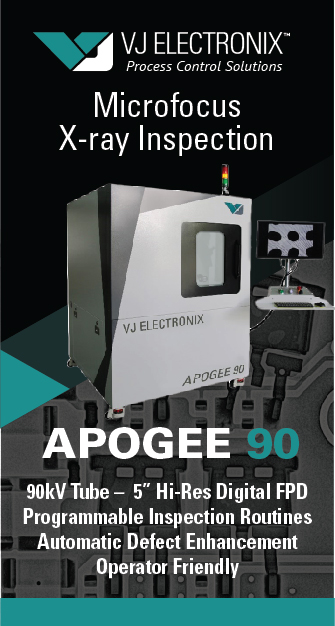FDA has granted another set of regulatory privileges under its breakthrough devices program. The latest batch is led by breakthrough designations for treatments of lung cancer and bone metastases that are in development at RefleXion Medical and Zetagen Therapeutics.
 RefleXion is developing the lung cancer product, a biology-guided radiotherapy (BgRT) system that uses PET imaging data to track the location of tumors. By detecting positron emissions in real time and synchronizing the data with the linear accelerator, BgRT could enable physicians to detect and then treat moving tumors.
RefleXion is developing the lung cancer product, a biology-guided radiotherapy (BgRT) system that uses PET imaging data to track the location of tumors. By detecting positron emissions in real time and synchronizing the data with the linear accelerator, BgRT could enable physicians to detect and then treat moving tumors.
The award of breakthrough status to BgRT comes as RefleXion works to realize the potential of the approach. RefleXion hopes the system can help deliver radiotherapy to more sites of disease and thereby improve outcomes in patients with all stages of cancer.
Zetagen received the other recent FDA breakthrough status for a cancer device, securing the regulatory privileges for a treatment, known as ZetaMet, for metastatic bone lesions. The device consists of a small molecule that stimulates stem cells, which then spur the growth of cells that promote healthy bone growth and block those associated with bone degradation.
In preclinical tests, Zetagen linked that effect to the resolution of existing metastatic bone lesions, less pain and bone regeneration. Zetagen plans to start its first clinical trial next year.
The FDA also awarded two breakthrough designations to developers of diabetes devices. AMF Medical landed one for its Sigi Insulin Management System. The Swiss medtech believes its product is smaller, lighter and more convenient than current insulin delivery systems. Users can program the device to deliver insulin at set and variable rates or to receive dosing commands from continuous glucose monitors.
Hagar received the other recent breakthrough designation for a device, known as GWave, that uses radio frequency waves to continuously measure blood glucose levels. Hagar has completed a pilot study and is preparing to start another trial by the end of the year. The company is also working on a second-generation sensor that could be integrated into smartwatches.
Finally, Pear Therapeutics won breakthrough status for a digital therapeutic, reSET-A, meant to treat alcohol use disorder. The device is only in the proof-of-concept stage, though Pear already has multiple approved digital therapeutics for different addictions.
Pear disclosed the breakthrough designation for reSET-A shortly before closing a deal to go public through a merger with a special purpose acquisition company. The merger gives Pear a Nasdaq listing and about $175 million to fund the development and commercialization of its prescription digital therapeutics.

